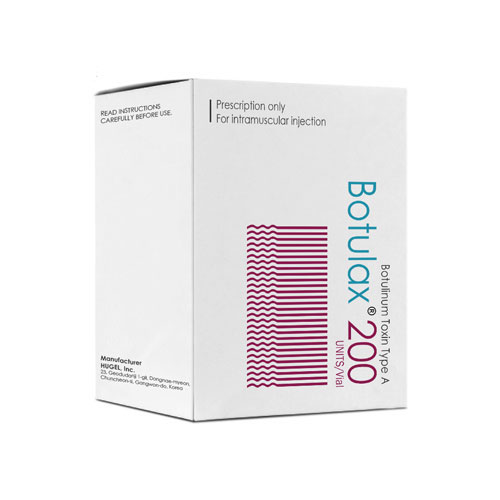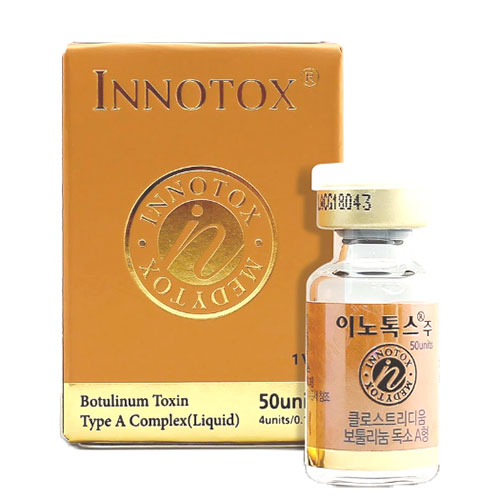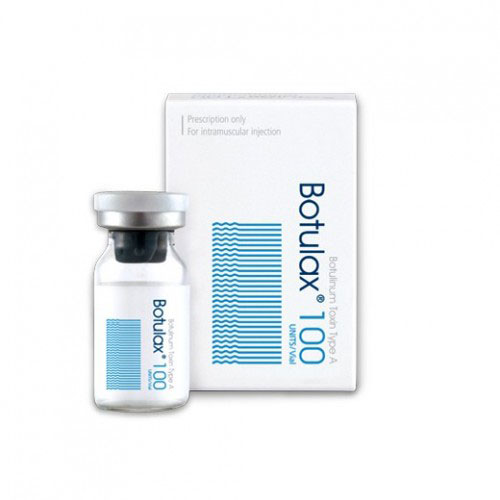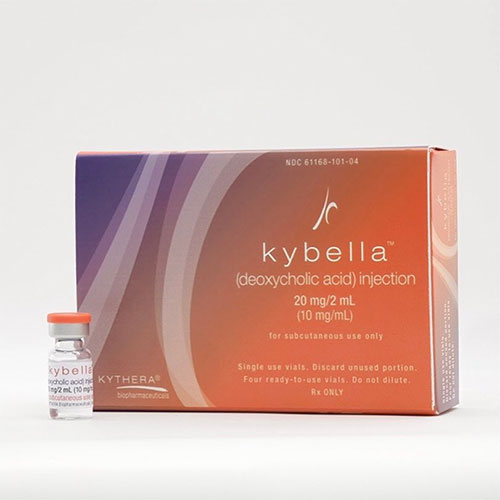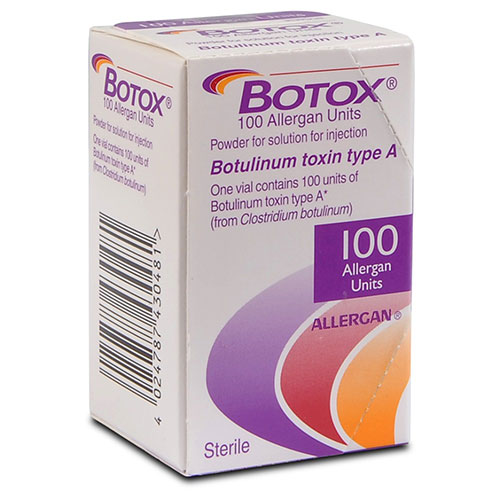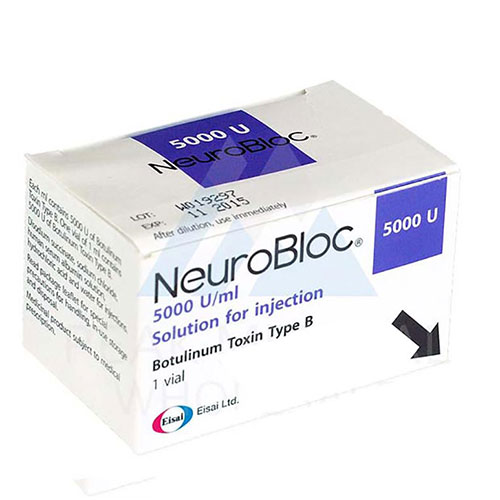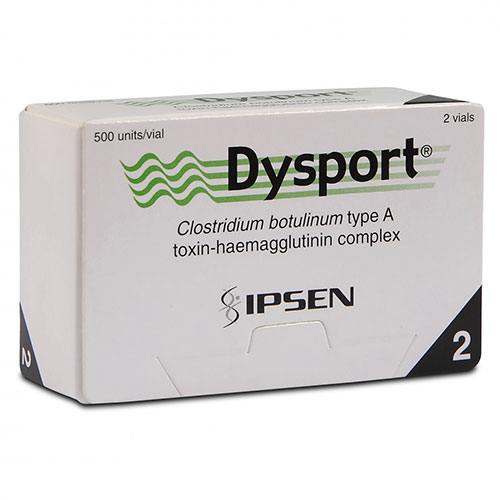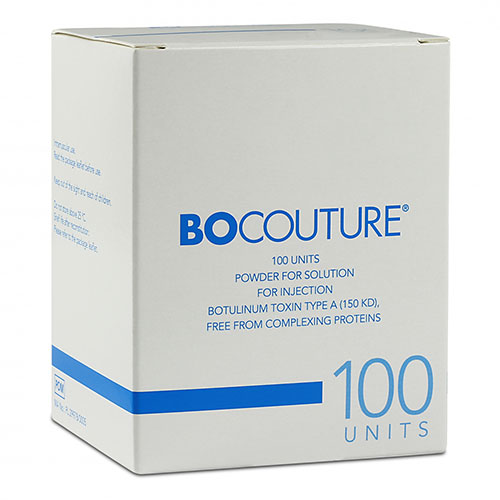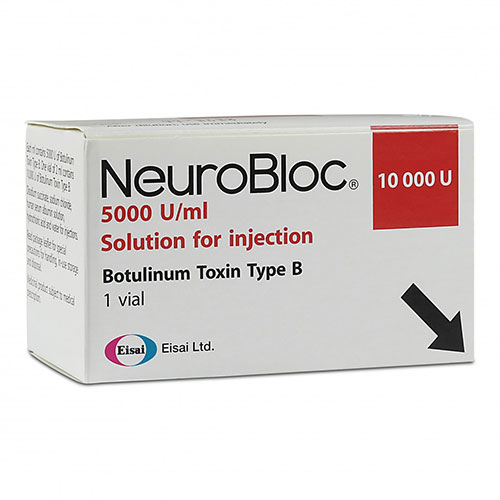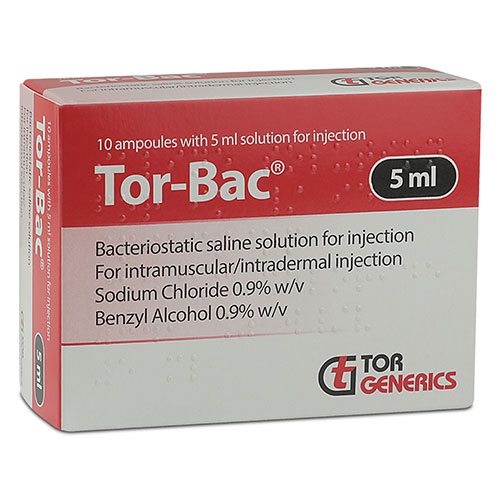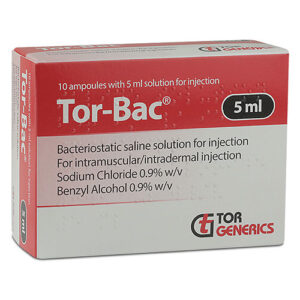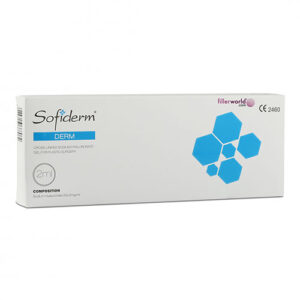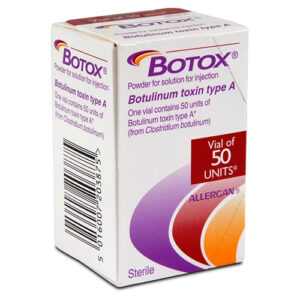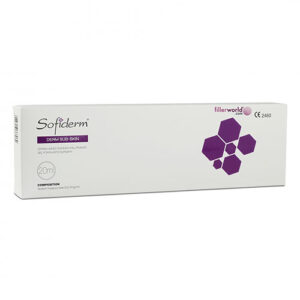Description
Botulax 200 Units?
Botulax is a sterile, vacuum-dried product that comprises 200 units (U) of Clostridium botulinum toxin type A, 0.5 milligrams of human albumin, and 0.9 milligrams of sodium chloride.
Purified from Clostridium botulinum type A, botulinum toxin type A neutroxin Human serum albumin is a bulking and stabilizing agent as well as an adhesion reducer. Grade KP NaCl is used as a bulking agent and to maintain isotonicity throughout the formulation process. Grade KP Stage of development: Nonclinical study reported in 2007.5 2008.3: a clinical study was published. Phase lll clinical trial completed in 2009.7 Botulax has the following characteristics: By refining the lyophilization method, the botolinum toxin products of other companies have a higher specific activity. KFDA-approved GMP facility
It appears to be a lyophilized white powder in a colorless transparent vial for injection.
Botulinum Toxin Type A, also known as Botulinum Toxin, is a toxin that inhibits nerve signals from reaching the muscles.
Botulax 100 units – Composition
Each vial contains:
- Active ingredient: Clostridium botulinum toxins type A (100 units).
- Stabilizer: Human serum albumin 0.5mg
- Tonic Adjuster: Sodium chloride (KP) 0.9mg
Mode of action
The wrinkles relax and soften because the injected muscle can no longer contract.
It is most commonly used to treat frown lines, crow’s feet, and forehead lines.
Features and Benefits Botulax 200 units
- Botulax ensures a high level of patient satisfaction.
- Variation in potency is rigorously controlled to within 91-115 units per vial, which is stricter than the legally permitted range.
- The toxin complex is 900kDa in size, which helps to keep botulinum toxin from spreading outside of the injection site.
- The toxin complex’s huge and homogeneous size ensures a precise and uniform effect at the time of injection, ensuring excellent patient satisfaction with Botulax.
- Botulax gives you additional options.
- Botulax was first introduced to the market as a 100-unit package. The development of 25, 50, and 200-unit products is now underway, with “one vial for one patient” injection expected to be available shortly to reduce the danger of secondary infection.

